Making a difference
The project was aimed at conducting training in the sport using life skills and healthy lifestyle concepts.
Justicia ShipenaThe Basketball Artists School (BAS) has held the official closing ceremony of its ‘Free-throw – basketball artists against HIV & Aids’ project.
The funding for project comes to an end next month.
The initiative was founded in February 2010 with a total of 24 players, as a collaboration between the Namibian Basketball Federation (NBF) and German non-profit organisation, ISIBINDI.
Since January 2015, BAS was supported by the German Olympic Sports Confederation (DOSB) and the Deutsche Gesellschaft für Internationale Zusammenarbeit (GIZ), on behalf of the German ministry for economic cooperation and development.
The project was aimed at conducting training in the sport using life skills and healthy lifestyle concepts. It mainly focuses on HIV/Aids, the training of coaches and teaching coaches to be life skills orientated. BAS was guided by the motto ‘School first and basketball second’.
In 2017, BAS was selected to form part of the country’s under-17 national teams. It also produced four university graduates who are now at the University of Namibia (Unam) and the Namibia University of Science and Technology (Nust).
Speaking at the closing ceremony, Ellen Goelz, who is the deputy head of mission at the German embassy, said almost ten years ago in 2009 the German Federal Foreign Office supported a long-term basketball project, run by the German Sports Confederation and their partners. Frank Albin was the second person in Namibia to run this project.
Goelz added the aim of the project was to establish a basketball programme which targets primary school children in Namibia and builds administrative structures within the NBF.
“This included training programmes for coaches and players and generally making the sport accessible to Namibian youth,” she said.
Goelz said sport plays an important role in development and serves as a great tool to empower and educate young people.
She said sport can also strengthen the relationships between countries.
“It is a tool to bring people of different ages, cultures and social backgrounds, and people with and without disabilities together,” she said.
Sport minister Erastus Uutoni said sustainability is maintaining and continuing with efforts after funding comes to an end.
“One has to understand that sustainability requires long-term planning to facilitate diverse engagement and improving the institutional capacity of the target population.
“Thus sustainability planning is an important step, as it prepares an organisation to deliver positive outcomes in the absence of primary funding,” he said.
Uutoni added that sport participation will greatly help address anti-social behaviour and can support the education of young people.
“Sport may not be the ultimate cure for all society’s issues, but with quality delivery and an appropriate level of support it can significantly assist in a positive way,” he said.
Uutoni also urged Namibians to work together as a team to develop basketball, by reaching out to all 14 regions. He added he wants to see improved participation in basketball, so it becomes a priority sport code and eventually a national sport.
Matheus Taapopi, a learner at People’s Primary School who has attended BAS for two-and-a-half years, said he found it to be a great project.
Thandi Boois, who has been at BAS for eight years, said it has been a wonderful journey.
She added she has gained leadership skills and now coaches younger players.
Boois also urged girls to play basketball, as there are a limited number of girls in the sport.



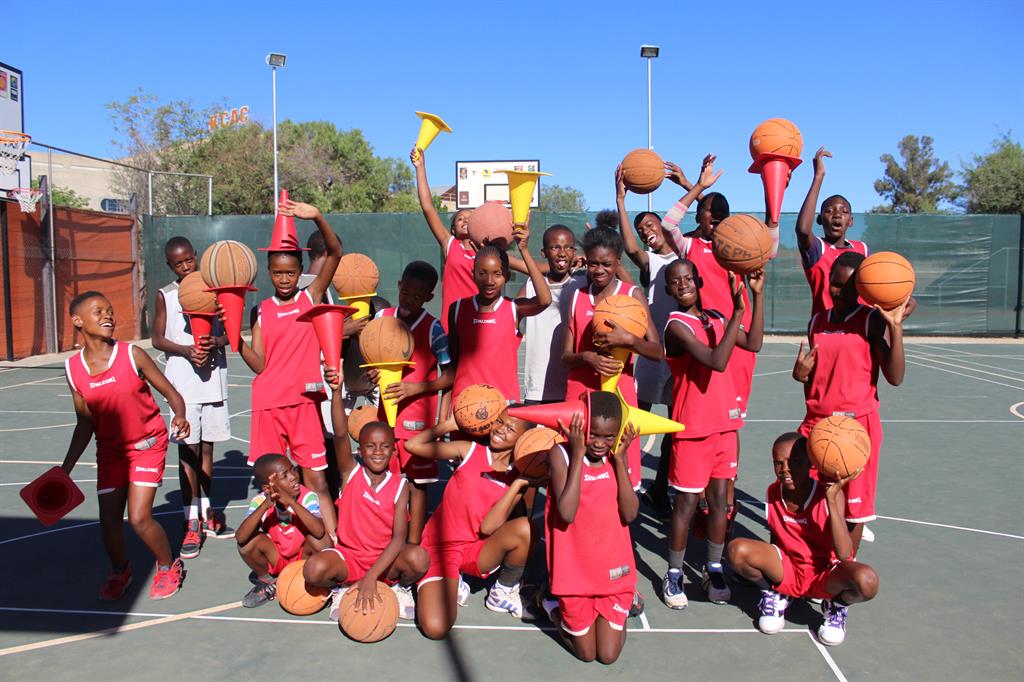
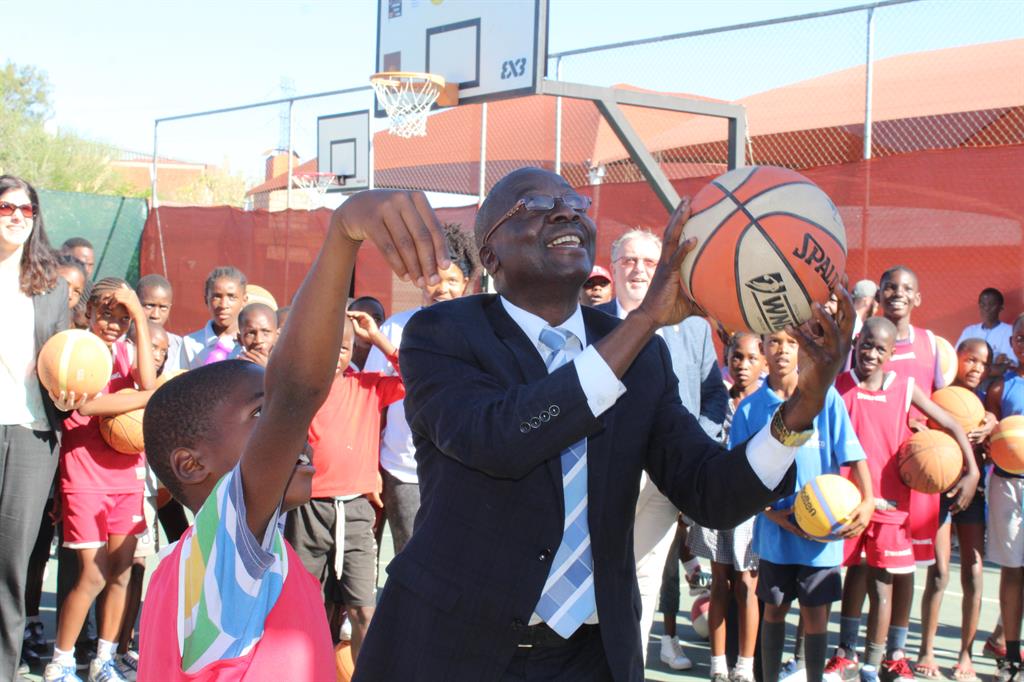
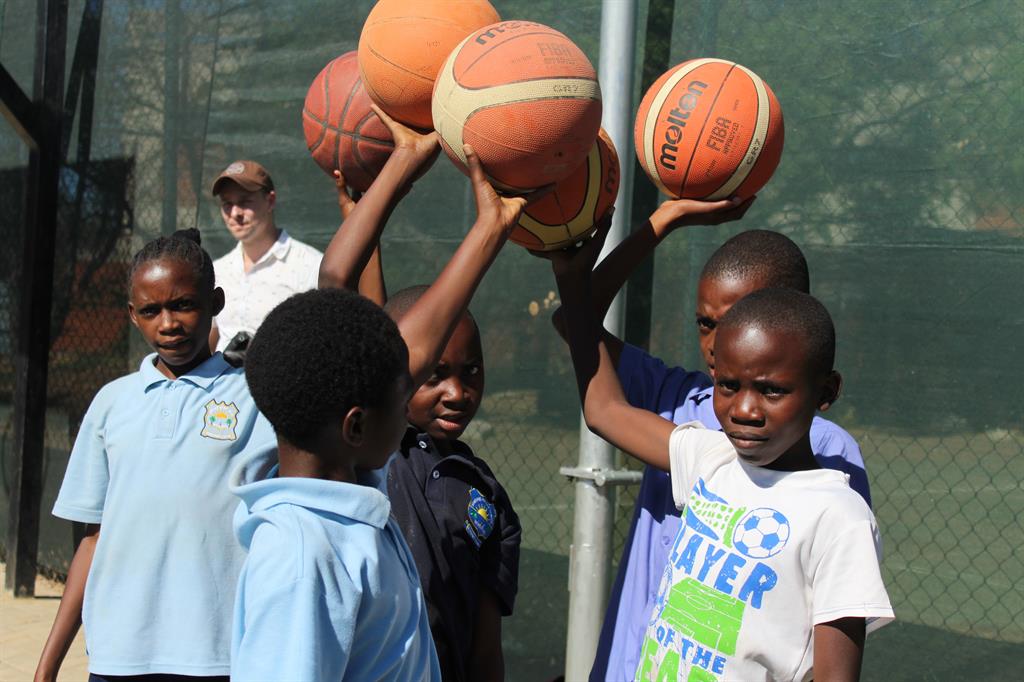
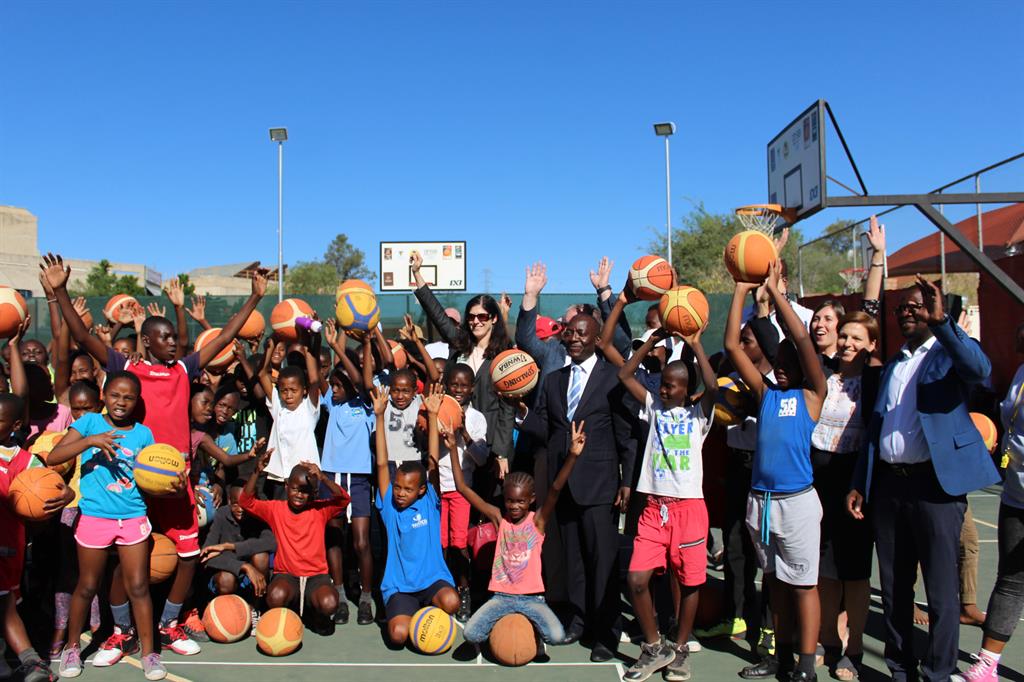
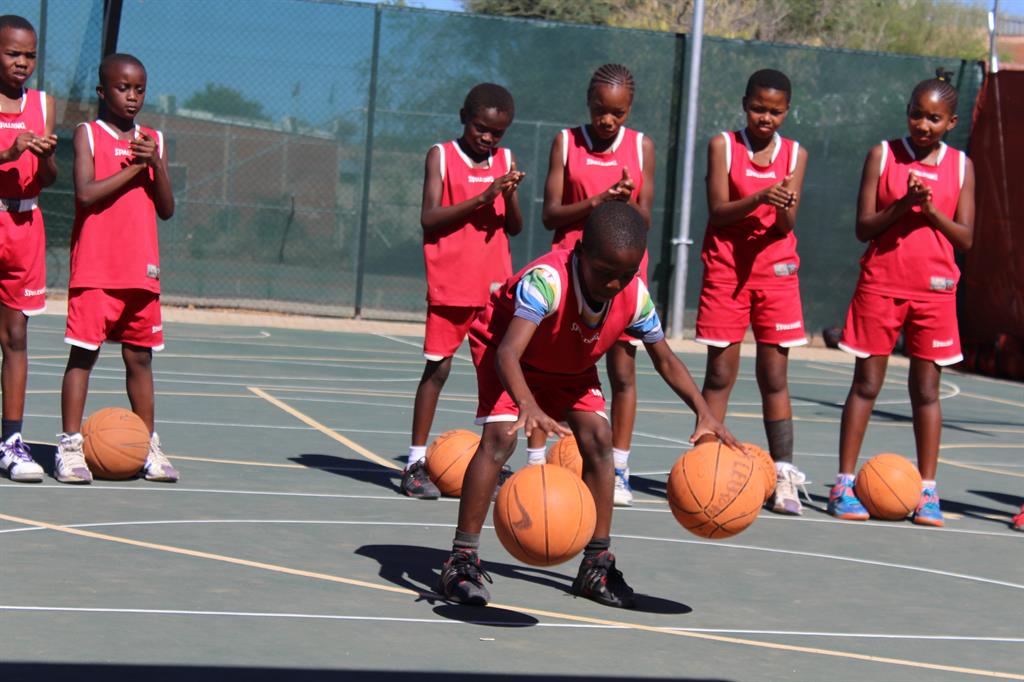
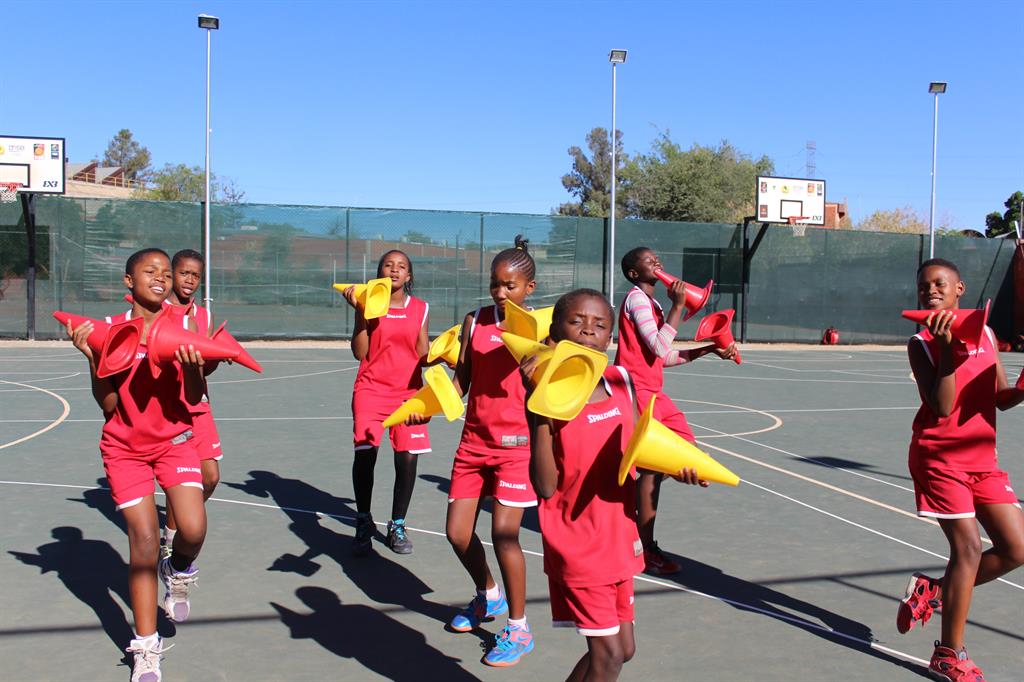
Comments
My Zone
No comments have been left on this article